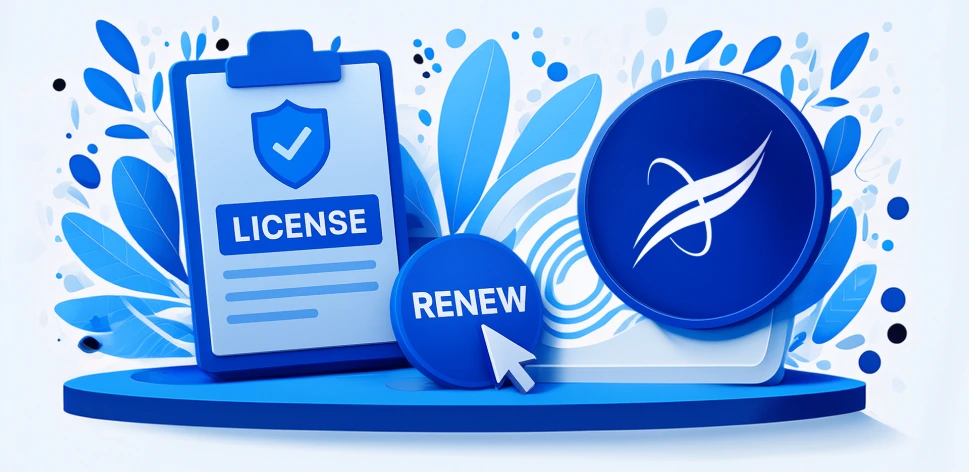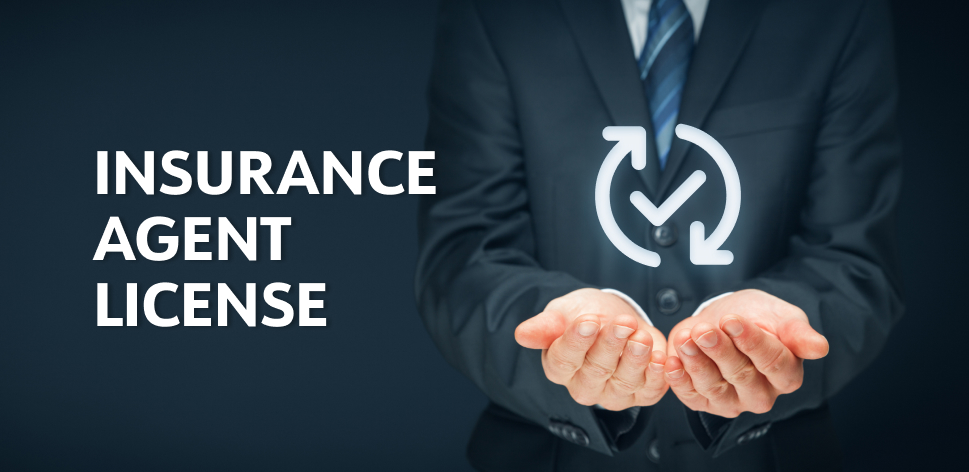NIPR License Renewal: A Complete Guide for Insurance Professionals
Navigating insurance license renewals doesn’t have to be a headache—especially with tools like the National Insurance Producer Registry (NIPR) streamlining the process. Whether you’re a resident producer, a non-resident agent, or an adjuster, renewing your insurance license is essential to maintaining compliance and continuing to sell or service policies legally.
In this comprehensive guide, we’ll cover:
- What is NIPR and why it’s important
- Step-by-step instructions for renewing licenses through NIPR
- Resident vs. non-resident license renewal process
- Key documents, fees, and state-specific considerations
- Tips to avoid delays or denials
Let’s dive in.
What is NIPR?
The National Insurance Producer Registry (NIPR) is an online platform that supports electronic license renewals, applications, and updates for insurance professionals in the United States. Backed by the NAIC (National Association of Insurance Commissioners), NIPR ensures fast, secure, and efficient compliance management for agents, brokers, carriers, and adjusters.
NIPR connects with all 50 states, the District of Columbia, and U.S. territories, making it the most trusted hub for managing multi-state licensing needs.
How to Renew an Existing Insurance License Through NIPR
Renewing your insurance license using NIPR is simple—but knowing what information is required in advance will save you time and effort.
Information Required for License Renewal:
To complete the online renewal process, you’ll need:
- License Number and State/National Producer Number (NPN)
- Last 4 digits of your SSN or full FEIN (for businesses)
- Date of Birth (for individuals)
- Applicant and license type details
- Residency type (resident or non-resident)
- Valid payment method: Visa, Mastercard, AMEX, or electronic check
All transactions include a $5.60 NIPR processing fee, in addition to any state-specific license renewal fees. (subject to change without prior notice).
Once you’re ready, head to the official NIPR Renewal Center to start the process.
Resident License Renewal
Who Needs This?
Insurance professionals who live and operate in the same state—also known as resident producers or adjusters.
Key Points:
- $5.60 NIPR transaction fee. (subject to change without prior notice).
- Additional state license renewal fees may apply
- Renewal must be completed before the expiration date to avoid penalties or lapses
Renewal Steps:
- Log in to the NIPR Resident Renewal Portal.
- Enter the required identification details (SSN/NPN, DOB).
- Confirm license details and residency type.
- Review and pay applicable fees.
- Submit and receive confirmation.
💡 Pro Tip: Some states require Continuing Education (CE) completion before license renewal. Check your state’s CE requirements here.
Non-Resident License Renewal
Who Needs This?
Producers or adjusters licensed in multiple states outside their home state.
Key Points:
- $5.60 NIPR processing fee. (subject to change without prior notice).
- State-specific renewal fees
- Must maintain active resident license to qualify
Renewal Steps:
- Go to the Non-Resident Renewal Application.
- Provide the same identification details (NPN/SSN, DOB).
- Confirm your license and residency info.
- Pay state and processing fees online.
- Submit and track your application.
💬 Note: Some states have reciprocity agreements, allowing CE completed in your home state to count toward non-resident renewal—check state rules before applying.
Non-Resident Adjuster License Renewal
If you’re an adjuster working across multiple states, the process is similar to the non-resident producer renewal. Be sure to verify whether your state offers reciprocity for adjuster licenses, as not all states do.
What You’ll Need:
- Same as above (NPN, SSN, DOB)
- Payment method
- State-specific info on CE (if required)
Complete your renewal through the Adjuster Renewal Portal.
Non-Resident (No Home State) License Renewal
If you do not have a designated home state (DHS) and are licensed only in non-resident states, you can still renew via NIPR.
Steps & Considerations:
💬 Important: Double-check CE requirements for your designated “home” jurisdiction if you’re using one for compliance.
License Renewal Timeline: When Should You Renew?
Each state has different renewal windows, ranging from 60 to 90 days before license expiration. Some states allow late renewal with penalties, while others require a complete reapplication.
To avoid complications:
Final Tips for a Smooth License Renewal
- Keep your contact information up to date on NIPR
- Submit renewals early to avoid system delays or rejections
- Save and print confirmation receipts
- Check state-specific FAQs for CE rules, renewal deadlines, and exceptions
- For bulk license management, consider compliance software (like Agenzee) that syncs directly with NIPR for daily updates and reminders
Summary: Stay Compliant, Stay Active
Renewing your insurance license doesn’t have to be complicated. With NIPR, the process is streamlined and centralized, helping agents, carriers, MGAs, and adjusters stay compliant across all states. Whether you’re renewing a resident, non-resident, or adjuster license, a proactive approach makes all the difference.
Need help managing multiple producer licenses? Explore how Agenzee’s NIPR-integrated platform helps insurance businesses automate compliance, streamline renewals, and avoid costly gaps.
Share this blog on






